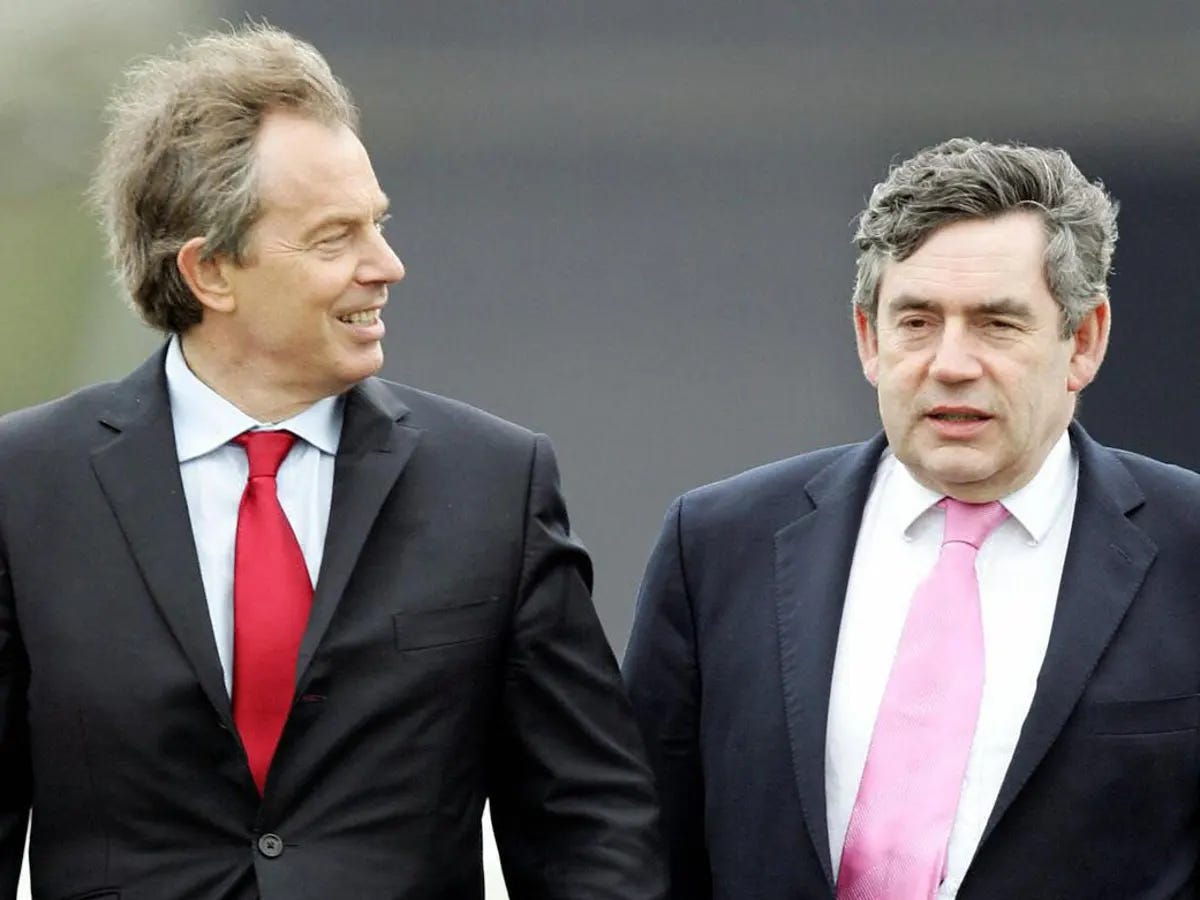The Changing Priorities of Voters
Expert analysis suggests that we are in unprecedented times when it comes to the priorities of voters
This article was originally published in The Stornoway Gazette.
As you know, Boris Johnson this week survived a vote of confidence in his leadership. 211 MPs backed him; 148 voted ‘no confidence in him’. The build up to the vote of confidence has rumbled for months: from the Owen Paterson lobbying scandal, to partygate, which, would you believe, is a story that first broke about six months ago. What is interesting, though, is to consider the elements that are now shaping the view of the electorate, as elaborated by Professor Sir John Curtice. First, let’s consider the numbers.
According to YouGov, 74% of people think that the prime minister knowingly lied about the issue of partygate - that includes half of people who voted Conservative.
Opinium suggest that 67% of people think that the prime minister deliberately broke the lockdown rules. Sir John says: “The electorate do not buy his argument that he thought he was exercising responsibilities of leadership and attending a work event.”
Further, according to Comres 67% of people think he misled the House of Commons.
Chloe Tilley, with whom I now co-present Times Radio Breakfast on Friday, Saturday and Sunday morning, put it to Sir John that this suggests the majority of voters in this country believe Boris Johnson to be a liar. Replied Sir John: “Yes. That sounds incredibly bald, but to be honest, that is the truth.”
What next caught my attention were Sir John’s reflections on the historic comparative perspective. Of course, in these uncertain political times, we often refer to history to consider how we got here, what it means, and where it’ll take us. Sir John articulates the following:
“There were arguments about whether Tony Blair, and those around him, allegedly sexed up the Iraq dossier. Nobody accused him of deliberately lying. There were lots of arguments about the ethics of John Major’s government: cash for questions as well as various people being caught in bed with those other than their wives. But no-one actually suggested that John Major himself was anything other than an honourable person. I think this is the first time where we’ve had a situation where the prime minister’s personal actions and ethics are being questioned. We don’t really have an historical precedent as to where we go.”
This should cause a moment of profound reflection. In the Trump and post-Trump era, there have been many conversations about how politicians survive scandal and controversy. He is a prime example of someone who behaved in a way which, not many years ago, would have detonated political ambition. He is someone who was surrounded by controversy from the start of his presidential campaign. There were allegations of sexual assault and unethical financial arrangements. Voters on both sides hunkered down in their bunkered viewpoints in response to his controversial, unconventional and provocative language and rhetoric. He was elected president. Exit polls showed that 75% of white evangelical Christians voted for Trump in 2020, compared with 81% four years ago. Therefore, he maintained support among those who would profess to have high moral standards. Hold that thought…
We have often considered that Boris Johnson’s character and personality is well-known, both by Conservative MPs who elected him leader, and the electorate at large who voted enough Conservative MPs into office that Boris Johnson became Prime Minister. I’m writing to you from Uxbridge, in the constituency of Uxbridge and South Ruislip. The MP is Boris Johnson. So all of this feels pertinent given I’ve been speaking to his constituents.
It is fair to say that he maintains decent support here. One man simply said that he wants to go for a pint with him, others reflect that he’s done good in the area. Still others think the issue of partygate was overblown. But among those who dislike him, the same things come up: that he’s a liar, a “clown,” and that, simply, he’s behaved badly. This is but a small, real-world outworking of what Sir John identified.
The public are questioning a leader’s personal actions and ethics, and the polls suggest it’s influencing their electoral decision-making.
More from Sir John: “The Conservative party has to accept that the attempts that they collectively, and the prime minister individually, have made, have now failed and it is very very unlikely that the public will come to the conclusion that what the PM did during lockdowns was reasonable.”
Is this a key moment for a change in outlook and priorities on the part of the electorate? Is a course correction in progress that would suggest that people will not stand for politicians who fall below high moral standards? Issues persist. Throughout Monday, when the confidence vote was looming, every time an MP tweeted their support for the PM, analysts and commentators and journalists caveated their reporting with the idea that MPs could say what they wanted in public, and then do something different in the privacy of the voting booth. There is a trust deficit baked into any political discussion nowadays.
It is interesting to consider whether the personal actions and ethics of this prime minister will continue to weigh on the minds of voters. There are rumours of a snap general election. In any case, the PM faces two by-election challenges later in June. Both will be a demonstration of the priorities voters have when it comes to electing leaders.







I think this is your best yet. Detailed and informative read. Interesting contrast on what the considered "norm" is/was Vs the reality of events in last few days. Fantastic depth. Nicely constructed.
I'm glad i live in Switzerland